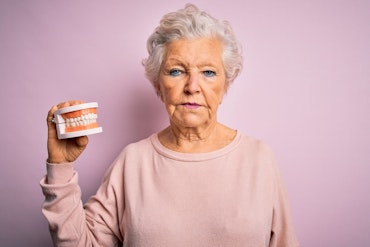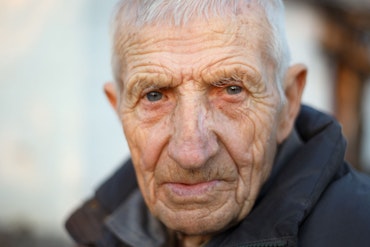Reducing falls in aged care
A Queensland aged care provider has decided to take action to make ‘falls’ prevention a priority in its facility.
A Queensland aged care provider has decided to take action to make ‘falls’ prevention a priority in its facility.
As part of the Churches of Christ Care Lady Small Haven Aged Care Service at Benowa falls prevention program, physiotherapist Delma Glindemann, developed a group exercise program for residents.
The program comprises a range of exercises that target all facets that are important for balance maintenance, including improving strength, balance, fitness, endurance and gait.
With an average 1.5 falls per bed per year, falls are a frequently occurring problem in residential aged care facilities.
Falls can lead to injuries, fear of falling again, reduced mobility and increased dependence on family or carers in daily activities.
“Although the exercises were selected based on evidence from scientific research, we were interested to find out whether this group program, in its entirety, does indeed reduce the fall risk of our residents,” Carmela Lagasca, Churches of Christ Queensland research facilitator, said.
“Although there is strong evidence that falls can be prevented in community dwelling older people through well designed exercise programs, evidence for the effectiveness of exercise programs to prevent falls in residents at residential aged care facilities, is lacking.”
Dr Geeske Peeters, research fellow at the University of Queensland’s School of Human Movement Studies, who was also involved in the study, said: “What seems to be effective in a research setting is not always feasible in day to day aged care.
“I was excited to be approached by Churches of Christ in Queensland to evaluate whether their program, which clearly is enjoyed by many of their residents, is actually doing what it is aimed to do: namely, reducing falls.”
During last year, 26 residents from Lady Small Haven Aged Care Service participated in the twice weekly exercise program – the exercise group.
The fall risk of the exercise group was compared with the fall risk of a selection of 26 residents who chose not to participate in the exercise group—the control group.
Less than half the residents (42%) in the exercise group and most residents (81%) in the control group fell at least once and were classified as ‘fallers’.
Thus, the risk of being a ‘faller’ in the exercise group was almost half of that in the control group, and this effect was statistically significant.
“These results look very promising,” Dr Geeske said. “But it is important to note that the two groups differed in their level of physical functioning and that participation was voluntary.”
Those who participated in the exercise program may have been fitter and less likely to fall than those in the control group.
Differences in physical functioning were accounted for in the analyses, but it cannot be ruled out that this may have biased the findings.
“It is important to evaluate this exercise program in a proper randomised, controlled trial in which the exercise and control groups are similar in terms of their physical and mental functioning at the start of the program,” Dr Tina Skinner, lecturer at the School of Human Movement Studies, said.
“As the population ages, both the absolute number of people with dementia and the number of falls will significantly increase.
“It is therefore imperative that cost effective and sustainable strategies be trialled to counter the problem of falls in this high risk group of Australians.”























Comments